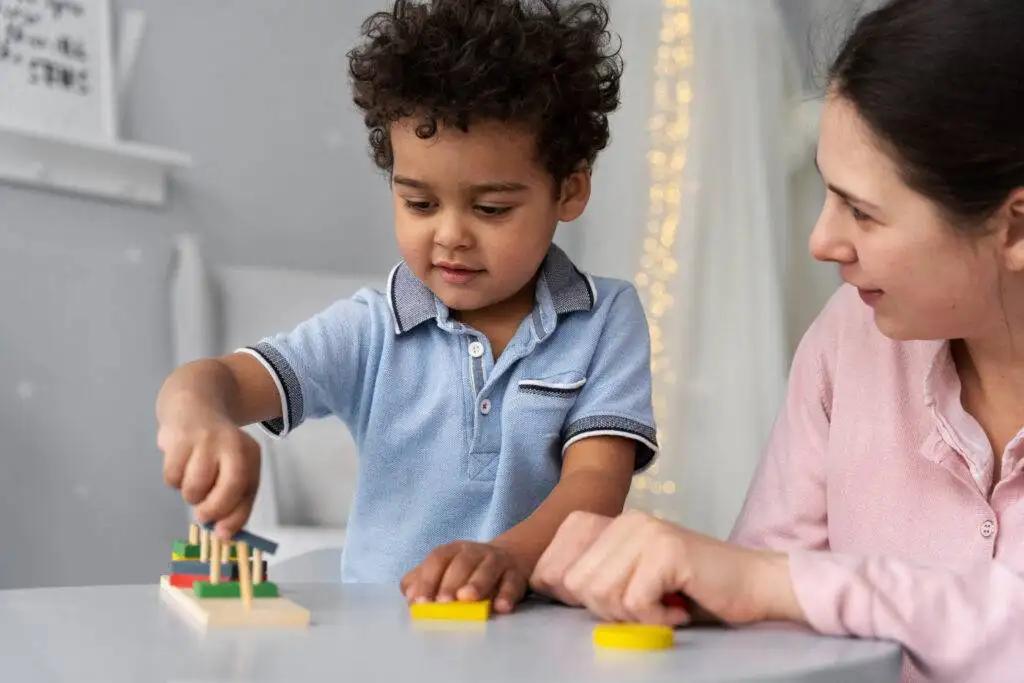Childhood development between the ages 1 to 6 emerges as a pivotal period where the foundation for a child’s future is laid. It sets a stage for lifelong learning, emotional resilience and overall well-being of a child. Understanding the profound significance plays an important role to educators, caregivers or parents.So let’s explore why these formative years are so crucial and how they shape the course of a child’s future.
Rapid Brain Growth: The Age between 1 to 6 is referred to as the ‘critical period’ where the brain is most receptive to environmental stimuli . During this period the brain undergoes remarkable growth and development forming intricate neural connections at an astonishing pace. Every experience, interaction, and sensory input shapes the neural circuitry, laying the groundwork for cognitive abilities, language acquisition, and socio-emotional skills.
Language Acquisition: Children absorb language like sponges and these early years serve as a ground for language development.They effortlessly acquire vocabulary, grammar and communication skills.The quality and quantity of language exposure during this period fosters robust language skills ,enhances academic success,social integration and their overall linguistic proficiency later in life.Parents and caretakers need to invest in rich language environment through conversations, storytelling and exposure to diverse linguistic stimuli.
Social and Emotional Development: Children learn to navigate complex social dynamics,regulate emotions and develop meaningful relationships during the preschool years.Emotional intelligence and social competence blossom during this period.Providing a safe environment,securing attachment with caregivers foster a child’s self-esteem and a safe haven for emotional exploration.Enhancing their interpersonal relationships and laying a great foundation for their mental health and well-being in adulthood plays an important role in developing their social-emotional skills.
Executive Functioning Skills: Skills such as attentional control, working memory and cognitive flexibility is an emergence witnessed during the preschool years.These cognitive abilities form the cornerstone of academic achievement and life success. This facilitates goal-directed behavior, problem-solving, and self-regulation. Engaging children in activities such as pretend play, puzzles, and structured routines helps them to execute functional skills in later years as well.
Lifelong Learning Mindset: All the experiences and interactions during the age of 1 to 6 shapes the child’s attitude towards learning and exploration.We need to instill a growth mindset by fostering a love for learning and curiosity to fuel academic achievement and personal fulfillment.We need to encourage lifelong learning to navigate the ever-changing world with confidence and adaptability.
Key to Action:
Here, we understand the profound importance of these formative years between the age 1 to 6 and the critical role they play in shaping the course of a child’s future. As parents and educators, we recognize that the experiences and interactions during early childhood lay the groundwork for lifelong learning, emotional resilience, and social competence. At Vera International Preschool & Childcare, we believe that a play school holds a pivotal position in a child’s life journey. It is here that the seeds of curiosity are planted, friendships are forged, and a sense of belonging is nurtured. The window of opportunity presented to children between the age1 to 6 lays the foundation for a lifetime of growth, learning, and fulfillment.

